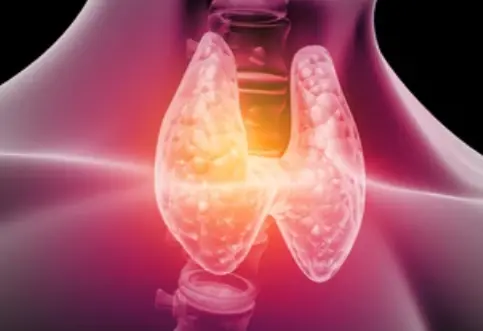 Welcome
Welcome
“May all be happy, may all be healed, may all be at peace and may no one ever suffer."
- A
- B
- C
- D
- E
- F
- G
- H
- I
- J
- K
- L
- M
- N
- O
- P
- Q
- R
- S
- T
- U
- V
- W
- X
- Y
- Z
Renal colic - Generics
Renal colic is a type of abdominal pain that is caused by a kidney stone, also known as a renal calculus, passing through the urinary tract. Kidney stones are hard, mineral-based deposits that can form in the kidneys or urinary tract and can cause blockages or obstructions, leading to pain and discomfort.
Symptoms of renal colic can include severe and sudden pain in the back or side, below the ribs, that may radiate to the groin or lower abdomen. The pain can come and go and may be accompanied by nausea, vomiting, and urinary symptoms such as urgency, frequency, or blood in the urine.
Diagnosis of renal colic typically involves imaging tests, such as a CT scan or ultrasound, to confirm the presence of a kidney stone and determine its size and location. Treatment options for renal colic can vary depending on the size and location of the kidney stone, as well as the severity of symptoms. Mild cases may be managed with pain medications and hydration to help the stone pass naturally, while more severe cases may require medical intervention, such as extracorporeal shock wave lithotripsy (ESWL), ureteroscopy, or percutaneous nephrolithotomy (PCNL).
Prevention of renal colic and kidney stones may involve dietary changes, such as increasing fluid intake and avoiding certain foods that are high in oxalate or calcium, which can contribute to stone formation. Other preventative measures may include regular exercise, maintaining a healthy weight, and managing underlying medical conditions that may increase the risk of kidney stone formation, such as hyperparathyroidism or gout.

Local ocular anesthesia

Hyperthyroidism

Enteric fever

Acidosis

Percutaneous transluminal...

Grazes

Ascariasis

General anesthesia
Renal colic, রেনাল কলিক
To be happy, beautiful, healthy, wealthy, hale and long-lived stay with DM3S.